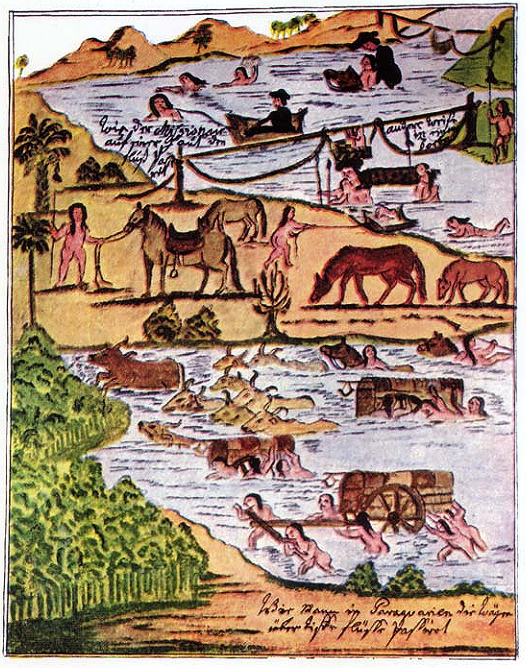Defining 'Movement' in Global History: The Early Modern Iberian World in a Global Frame (16th-18th centuries)
DOI:
https://doi.org/10.31273/eirj.v5i1.195Keywords:
global, early modern, Iberia, empire, exchanges, migration, circulationAbstract
On 9 June 2017, scholars from a range of disciplines across the United Kingdom and Spain met at the University of Warwick to discuss the ways in which taking a global perspective can enrich research on early modern Iberia and colonial Spanish America. Coming at a time when Spanish exceptionalism is being increasingly challenged but the Americas are still being side-lined in the writing of global history, the presenters addressed gaps in current historiography and challenged Eurocentric narratives of early modern history which have predominated since the Enlightenment. The final roundtable called for definition in the language of movement in global history and concluded that we need to rethink global history as a project that began in the sixteenth century with conceptions of an Iberian or Catholic globe, an orbe hispano.
Downloads

Downloads
Published
Issue
Section
License
Authors who publish with this journal agree to the following terms:
Authors retain copyright and grant the journal right of first publication with the work simultaneously licensed under a Creative Commons Attribution License (CC-BY), which permits use and redistribution of the work provided that the original author and source are credited, a link to the license is included, and an indication of changes which were made. Third-party users may not apply legal terms or technological measures to the published article which legally restrict others from doing anything the license permits.
If accepted for publication authors’ work will be made open access and distributed under a Creative Commons Attribution (CC-BY) license unless previously agreed with Exchanges’ Editor-in-Chief prior to submission.
Authors are able to enter into separate, additional contractual arrangements for the non-exclusive distribution of the journal's published version of the work (e.g., post it to an institutional repository or publish it in a book), with an acknowledgement of its initial publication in this journal.
Authors are permitted and encouraged to post their work online (e.g., in institutional repositories or on their website) prior to and during the submission process, as it can lead to productive exchanges, as well as earlier and greater citation of published work. (see: The Effect of Open Access)
